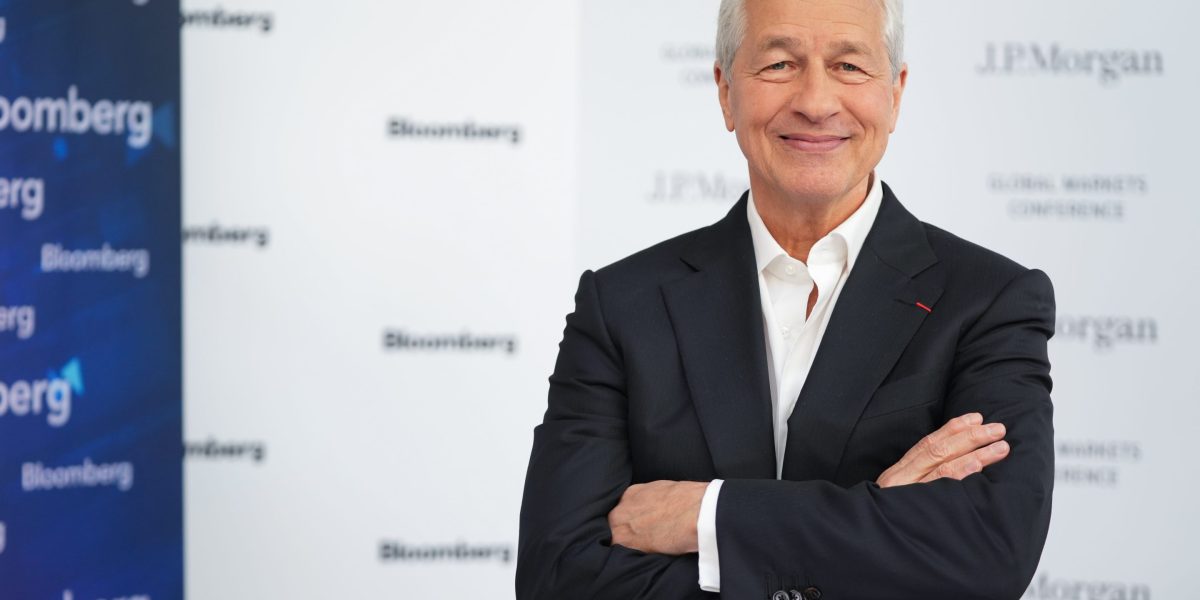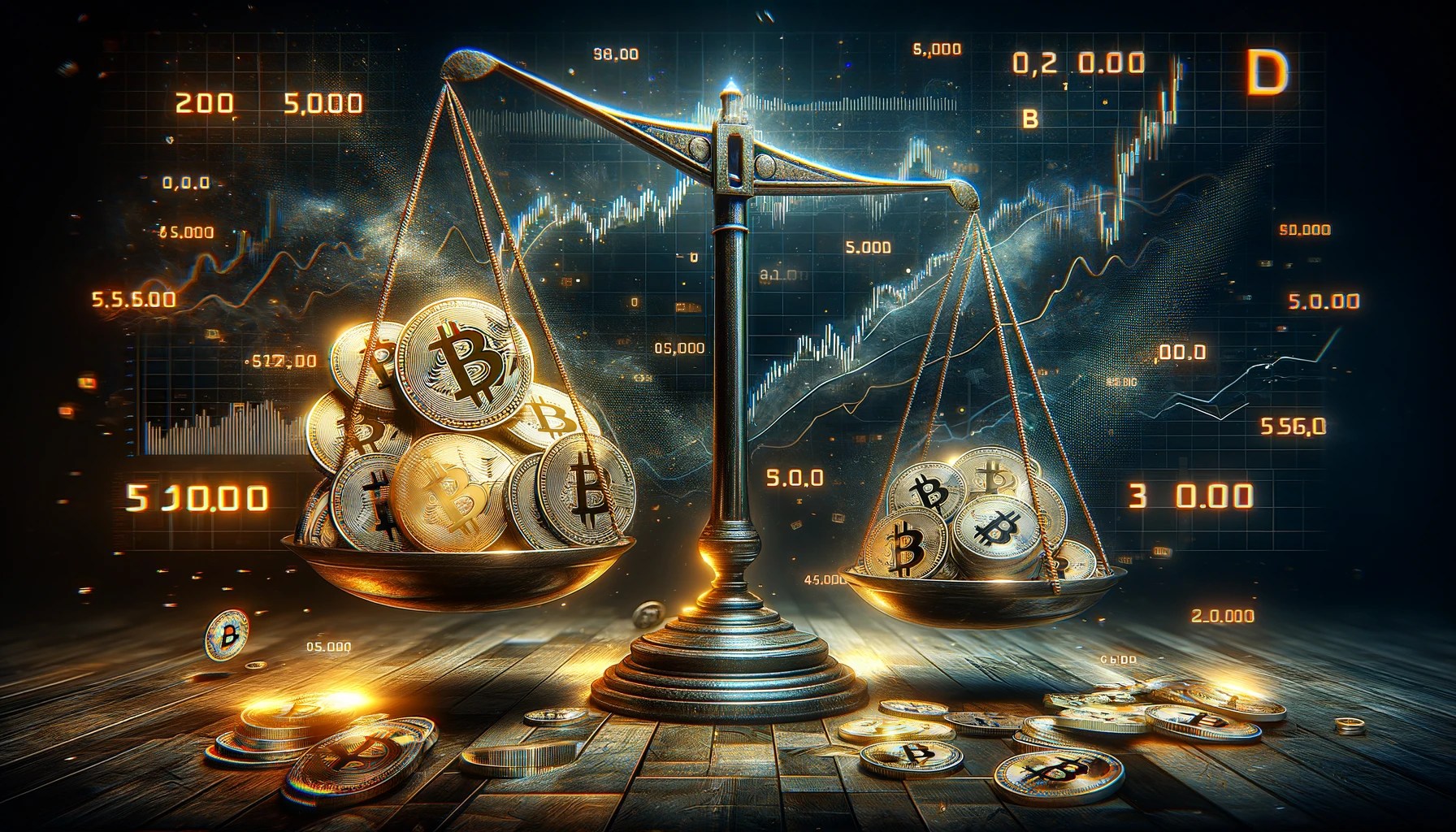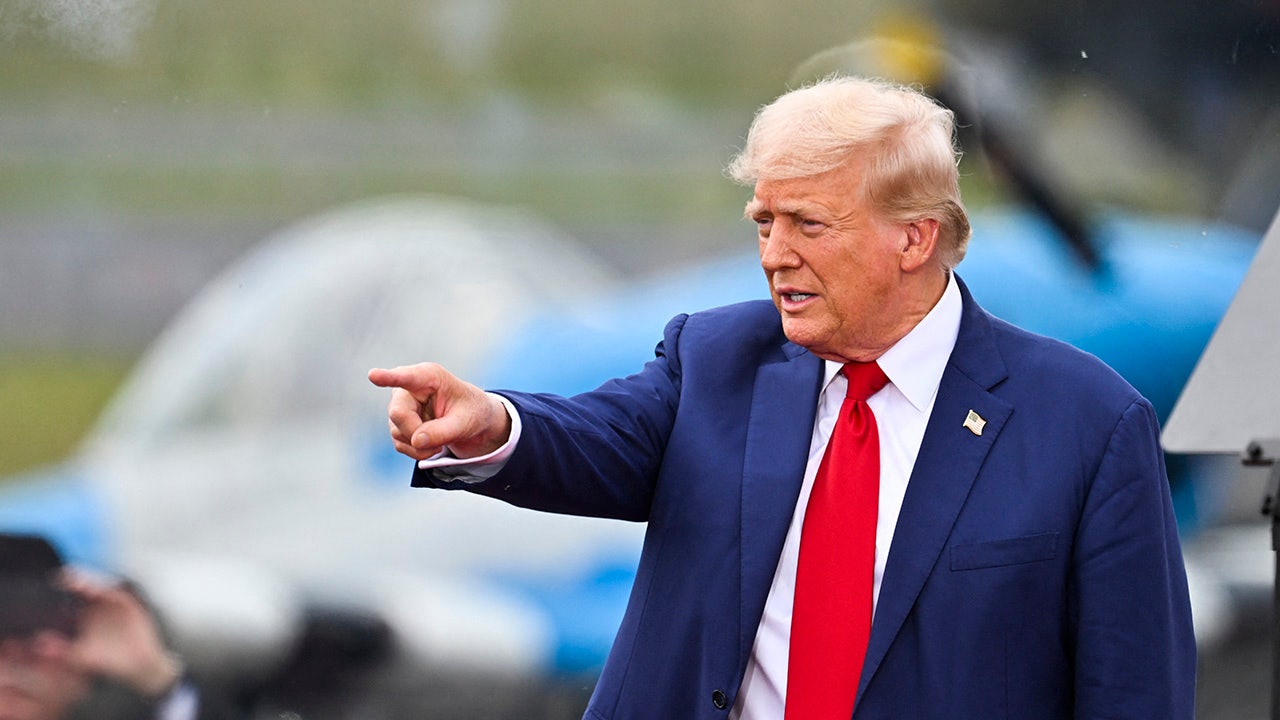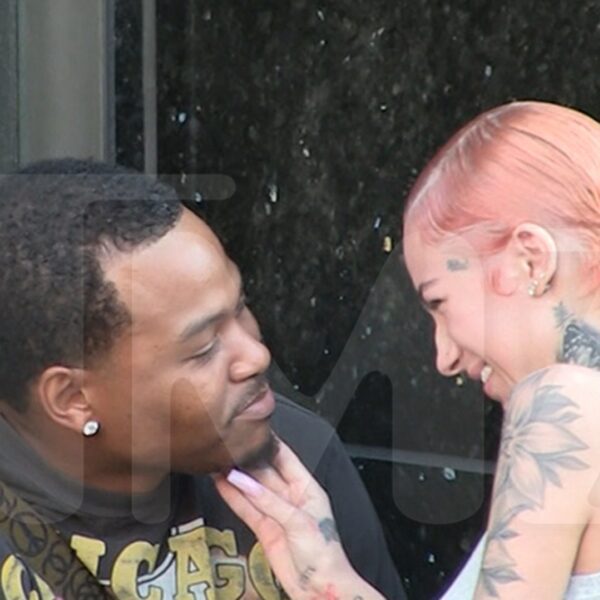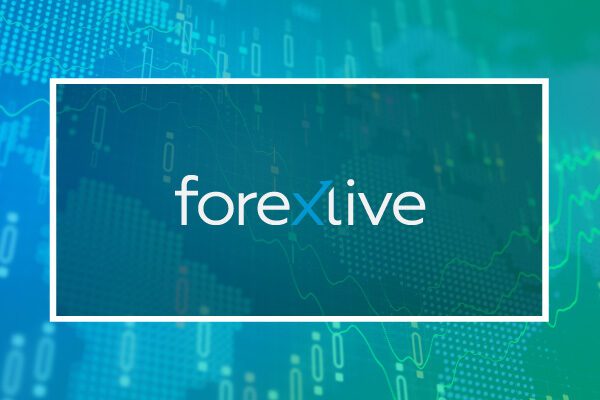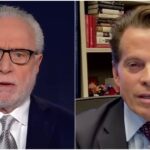

As Democratic presidential nominee Kamala Harris makes her case to the business community, one topic that’s frequently come up is whom she would appoint to high-ranking Treasury positions should she win the election.
JPMorgan Chase CEO Jamie Dimon was on the docket of the names discussed this week at the Democratic National Convention within Harris’s inner circle, a person familiar with the matter told CNBC.
JPMorgan Chase did not respond to Fortune’s request to comment on the matter.
The Wall Street veteran has been the chairman and CEO of JPMorgan Chase since 2006, and has often spoken out about the state of the American economy. Earlier this month, he said he has a plan to reduce America’s $35 trillion national debt by focusing on growing the economy to improve the debt-to-GDP ratio and rebalancing the tax system for middle-income families.
“I would spend the money that helped make [America] a better country,” Dimon said in an August interview with PBS News. “So some of it is infrastructure, earned income tax credits (EITC), military. I would have a competitive international tax system…and then I would maximize growth.”
He also told the Bipartisan Policy Center in January that he would pay for the EITC by taxing the wealthy more, saying it would give “much-needed income to the individuals and communities most in need of it.”
That’s a powerful sentiment coming from one of the most powerful businessmen in the U.S. Dimon is worth a whopping $2.4 billion, according to Forbes. In 2023, Dimon’s pay hit an all-time high of $36 million, which some top Democrats took issue with. In August, Sens. Elizabeth Warren (D-MA) and Chris Van Hollen (D-MD) sent a letter to Dimon requesting his salary be cut instead of imposing new fees on its 80 million retail customers.
And surprisingly—considering Dimon’s stance on taxing the wealthy—Republican presidential candidate Donald Trump has also said he’s considering Dimon for the Treasury secretary position.
“He is somebody that I would consider, sure,” Trump told Bloomberg. However, the former president later denied that he ever floated Dimon’s name as Treasury secretary.
Despite the buzz around Dimon potentially joining an administration, he has attempted to tame previous speculation about a White House role or taking on a Treasury position, even hinting that he’s on his way to retirement earlier than expected. In May, he told shareholders the timetable for his retirement is “not five years anymore,” and the bank is “well on the way” with succession plans.
In an August op-ed written by Dimon published by The Washington Post, Dimon charged the next president to “build the best team,” referring to the cabinet and administration.
“The members of a president’s Cabinet and administration should reflect the entire nation,” Dimon wrote. “Tribal politics will not deliver the best talent and expertise across the political spectrum. Put country and Constitution first.”
Neither the Harris campaign nor the Trump campaign responded to Fortune‘s request for comment.
Jamie Dimon’s Treasury credentials
Dimon is undoubtedly a prodigy in the business world, and was recognized as a leader very early on in his career.
The Harvard Business School MBA grad started his career as a management consultant in 1982, and quickly ascended to leadership positions in the finance world. In 1986, he was appointed as chief financial officer of Commercial Credit at just 30 years old, and served as chief operating officer of insurance firm Travelers and brokerage firm Smith Barney during the 1990s. He became president of Citigroup in 1998, and in 2000 was appointed as CEO of Bank One, overseeing the company until its merger with JPMorgan Chase in 2004. He became CEO of America’s largest bank just two years later.
Dimon also has experience working with the Fed, having served on the board of directors of the Federal Reserve Bank of New York in the 2010s.
Earlier this month, he downplayed how much Americans should care about the Fed’s benchmark rate, which is currently at a more than two-decade high of 5.25%-5.5%.
“I hate to say this—I don’t think it matters as much as other people think,” Dimon told CNBC in an early August interview.

